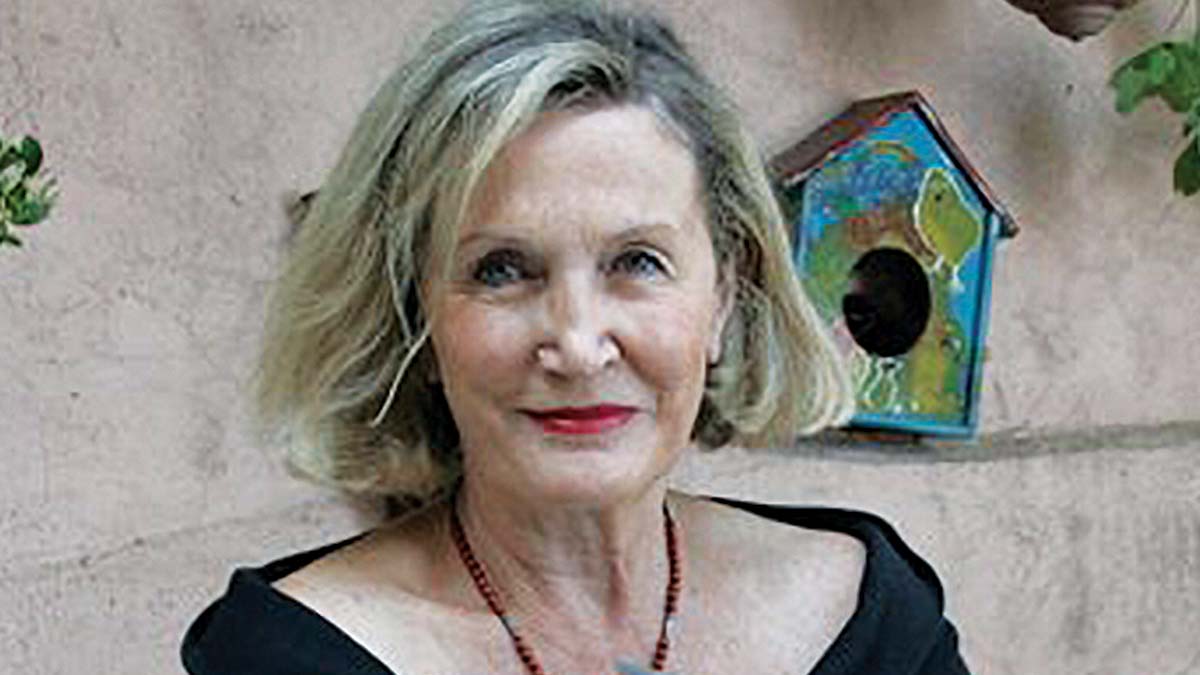AS I SEE IT
MARIANNE HERON
Taoiseach Leo Varadkar promised a while ago to make Ireland a leader in gender equality in all its forms. As a woman I wonder how the referendums that we are being asked to vote on will affect women and whether ‘gender neutrality’ is in our interests.
International Women’s Day March 8 will involve two amendments to the Constitution, one dealing with care and the other with the definition of family. Article 41 recognises the “contribution of woman in the home which gives the state a support without which the common good cannot be achieved” and goes on to say that the State “shall endeavour to ensure that mothers shall not be obliged to by economic necessity to engage in labour to the neglect of their duties within the home”.
This was never intended to stop women going out work. True, some of the words, like duties, seem patronising and old fashioned. And that promise “to endeavour” has hardly been honoured, women have had to battle for the rights they have today.
Now we are being asked to delete those articles altogether so that the word woman, mother and home will no longer appear and Tánaiste Micháel Martin wonders why some find the amendment sexist?
Women are the only sex that give birth to children, they do most of the work in the home and 90% of care is done by women. Many women would prefer to stay at home to care for their small children rather than work outside it so that their families can survive financially. Why don’t we have an allowance to support a mother or it might be the father caring for children at home and add the words man and father to the existing article and modernise its language?
Instead, we are being asked to vote in the so-called care amendment, which recognises the provision of care by members of the family to one another… and where the State shall “endeavour” to support such provision.
Looking at issues like the lack of respite care for women who are caring 24-7 for relatives, the long waits for psychological or medical care for children I wonder how serious the State’s “strive to support” might be. Who is being cared for is open to interpretation – care outside the home is excluded, placing the responsibility for care within families. And why has the Supreme Court case involving the mother of a severely handicapped child whose care allowance has been cut been put back to April? Could it be the referendums effect?
The words “durable relationship” in the family amendment which gives other types of family based on committed and continuing relationships the same status as married with the same Constitutional rights and protection are controversial to say the least. What do they actually mean? Those pushing a Yes vote have trouble defining that word durable and it will be left to the courts to decide where there will be plenty legal challenges around all kinds of issues involved including social welfare maintenance, succession law and pensions.
People may choose not marry for all kinds of reasons, and fine if that is what they want. But co-habitation is not the same as the commitment of marriage which has traditionally been regarded as the cornerstone of society. Cohabiting and other types of family already have some protection and there is nothing to stop the State introduce further measures. I am not sure that having an ‘anything goes’ situation where marriage becomes an also-ran with other types of relationship is the way to go.
Why is the Government so keen to push through these amendments? Is it meant to give us a pre-election feel-good factor, virtue signal to other nations, or has it to do with the gender neutrality movement? While I am all in favour of doing away with gender stereotypes, (why shouldn’t women be engineers and men work in childcare?) I am alarmed when I hear the phrase ‘“gender neutrality” because it can result in attempts to erase women, as in the maternity legislation where the word woman was to be replaced with persons with a cervix. Guys don’t have wombs, there are only two sexes no matter what gender people claim to be.
What should we read into the State’s concern for women when the allowance for bras for vulnerable women who have had mastectomies was to be halved, we learned on Liveline, at a time when the Government announced an €800m. cross-border spend?

















